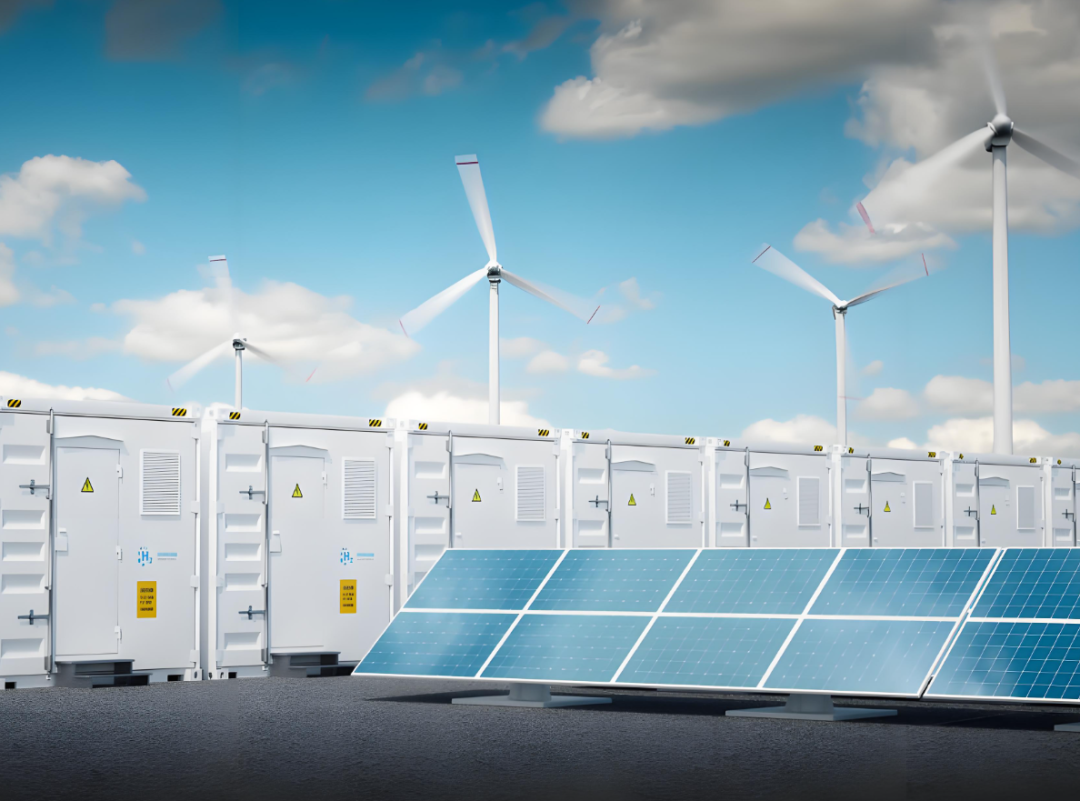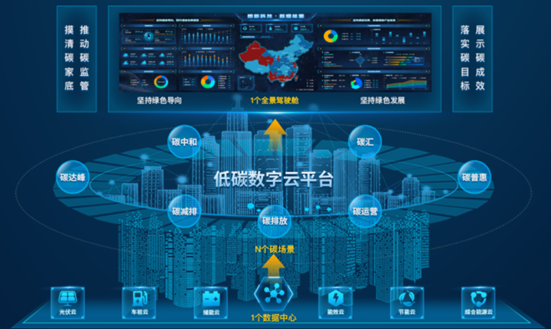Zero Carbon Smart Park, Zero Carbon Highway, and Innovative Applications of Energy Storage - Dunhua Electronics Specializes in Creating Zero Carbon Demonstration Solutions
Release time:
2024-10-09

In the context of actively addressing climate change globally and striving to achieve carbon peak and carbon neutrality goals, zero-carbon parks are important testing grounds for sustainable development. By integrating renewable energy sources such as solar photovoltaic, wind energy, and geothermal energy, clean electricity is provided for enterprises and facilities within the park. At the same time, efficient energy management systems are adopted to optimize energy distribution and usage, reducing energy consumption. Promoting green buildings and circular economy models within the park helps to reduce waste generation and carbon emissions. For example, using smart sensors and big data analysis technology to monitor energy usage in real-time, adjusting equipment operation status, and improving energy utilization efficiency.

Zero-carbon highways provide new pathways for decarbonization in the transportation sector. On one hand, solar photovoltaic technology is utilized to install photovoltaic panels on road surfaces, guardrails, and other areas, converting solar energy into electricity to power road lighting, traffic signals, and other facilities. On the other hand, developing electric vehicle charging infrastructure encourages the use of electric vehicles, reducing carbon emissions from fuel vehicles. Additionally, optimizing road design and traffic management improves traffic flow and reduces vehicle energy consumption. For instance, building intelligent traffic systems to monitor traffic flow in real-time, optimizing traffic light control, and reducing vehicle congestion and idling time.
Shunhua Electronics' energy storage technology plays a key role in zero-carbon parks and zero-carbon highways. Renewable energy has the characteristics of intermittency and instability, and energy storage can store excess electricity for release when needed, ensuring stable energy supply. In zero-carbon parks, energy storage systems can work in coordination with renewable energy generation equipment to achieve energy self-sufficiency. On zero-carbon highways, energy storage can store electricity generated by solar photovoltaic panels to provide fast charging services for electric vehicles, addressing the range anxiety issue of electric vehicles. Currently, common energy storage technologies include battery storage, pumped storage, and compressed air energy storage, each with its applicable scenarios and advantages.
To promote the development of zero-carbon parks, zero-carbon highways, and energy storage, joint efforts from the government, enterprises, and society are needed. The government should formulate relevant policies and regulations to encourage and support the construction and operation of zero-carbon projects. Increase investment in the research and development of energy storage technologies to promote innovation and cost reduction in energy storage technologies. Enterprises should actively participate in the construction of zero-carbon parks and zero-carbon highways, adopting green technologies and sustainable development models to enhance their competitiveness. The public should also raise environmental awareness, support zero-carbon development, and choose green travel methods and environmentally friendly products.

In summary, the combination of zero-carbon parks, zero-carbon highways, and energy storage technology provides practical solutions for achieving carbon peak and carbon neutrality goals. Through the joint efforts of all parties, we can create a cleaner, low-carbon, and sustainable future.
Shunhua Electronics is a national software enterprise dedicated to innovative research and development and industrialization in the fields of the Internet of Things and cloud computing. With a strong foundation in IoT communication technology, the company actively promotes smart city IoT infrastructure solutions such as smart lamp posts, zero-carbon parks, and zero-carbon highways, being a leading provider of smart lamp post control systems, intelligent lighting, and smart control solutions; as well as a provider of traffic management and smart highway infrastructure solutions based on road testing equipment.
Related News
